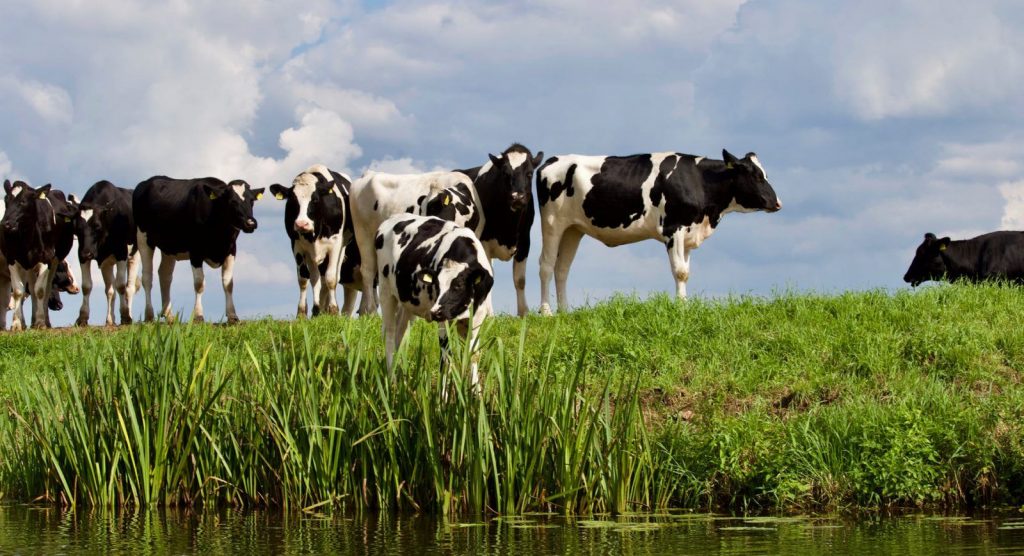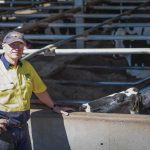
Arla Foods revealed a five-year strategy in its commitment to create environmentally sustainable dairy production and grow the business responsibly. The company has said it is prepared to increase its investments by more than 40% to over €4 billion (US$4.6 billion) in the next five years, focusing on sustainability, digitalization, new production technologies, and product development.
Additionally, Arla has raised its target to a 63% reduction of GHG emissions by 2030, which it will achieve by converting to green electricity, fossil-free fleets, making all packaging recyclable and having zero virgin plastics in branded packaging by 2030.
Consumers are becoming more aware of health and sustainability, and expect the food they eat to meet those standards.
Arla Foods CEO, Peder Tuborgh, said “The twin challenges of climate change and malnutrition are the most difficult facing our global food systems. It requires urgent action, and dairy is part of the solution. If there ever was a time to step up and create the future of dairy, it is now.”
Over the last decades, Arla’s farmers have worked toward sustainable farming. Today, they are among the most climate efficient dairy farmers, producing milk with an average of 1.15 kg CO2e per kg of milk.
Arla will use its advantage and grow its branded business by 3 to 4% yearly by investing in category innovation and development, new production technologies and supply chain scale. The company will also invest in its global specialized, high-quality milk and dairy ingredients business, Arla Foods Ingredients (AFI), to develop new solutions for its partners. Arla has also built its export business to markets like China, West Africa and Southeast Asia, where consumer demand for affordable dairy nutrition exceeds local production and supply.
Arla Foods recently examined how dairy farming can help improve soil biology, carbon capture, water quality and biodiversity via regenerative farming methods.
Earlier this year, Arla Foods revealed it is keeping more renewable energy within the cooperative’s value chain by purchasing guarantees of origin directly from its farmer owners. The company’s recent Climate Checks program confirmed that Arla farmers are among the most climate-efficient dairy farmers.

























